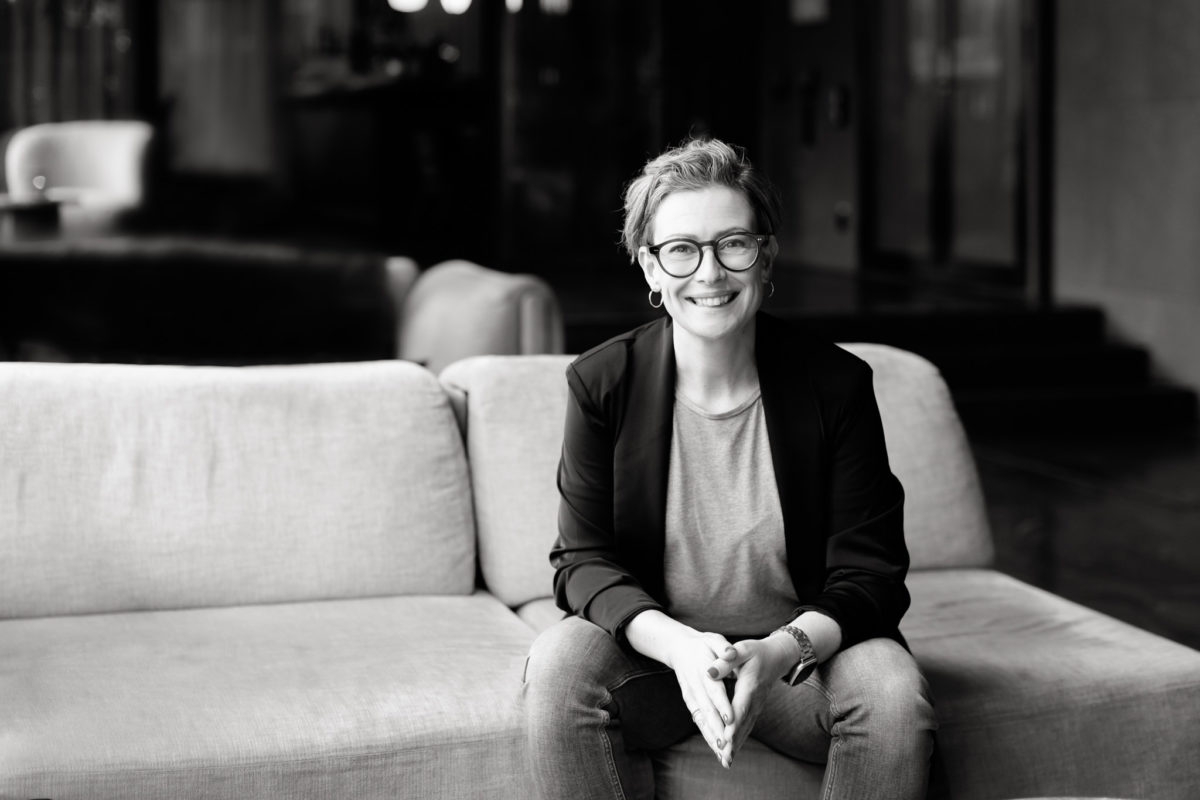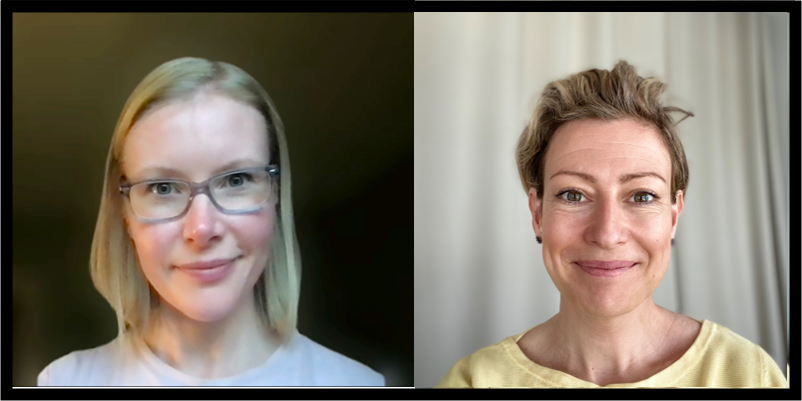 Who can forget the Friends episode when Ross asks Rachel and Chandler to help him get a sofa up the stairs?
Who can forget the Friends episode when Ross asks Rachel and Chandler to help him get a sofa up the stairs?
According to the Oxford Dictionary the word Pivot means to turn or balance on a central point.
I’m sure it wasn’t Ross’ intention, but he has definitely inspired my framework for effective self-leadership. In the workshops or trainings I do with clients we often work with these 3 elements:
-
-
-
Self-awareness
-
Direction
-
Tools & habits
-
-
Self-awareness:
To lead ourselves effectively we need to know what we’re good at, what our vulnerabilities are, what we value. In other words, we need a central point to start from, to come back to. To pivot from.
Direction:
Understanding our ‘why’, being clear about where we’re heading and what we would like to achieve is critical to self-leadership.
As JFK said ‘Efforts and courage are not enough without purpose and direction.’
As goals change, our circumstances change, we need to be adaptable and use regular reflection to be open to new goals and ways to get there.
Tools and habits:
It’s not enough to have a range of tools and positive habits. Effective self-leaders also have high levels of psychological flexibility – the ability to use different instruments and draw upon different strengths depending on the situation.
So when you’re stuck, when circumstances change, as you evolve – remember to pivot.
-
-
-
- Stay firmly grounded in who you are, your central point.
- Keep your eyes on your ‘why’, the horizon.
- And turn, try new ways, gain new perspectives, learn.
-
-
Back to Ross in Friends, I’m sure we can agree there is some room for improvement when it comes to his collaboration- and leadership abilities. And things didn’t turn out well for the sofa (see episode clip here). But at least he gave us the Pivot!
If you or your team are interested in Self-Leadership initiatives, feel free to reach out.






